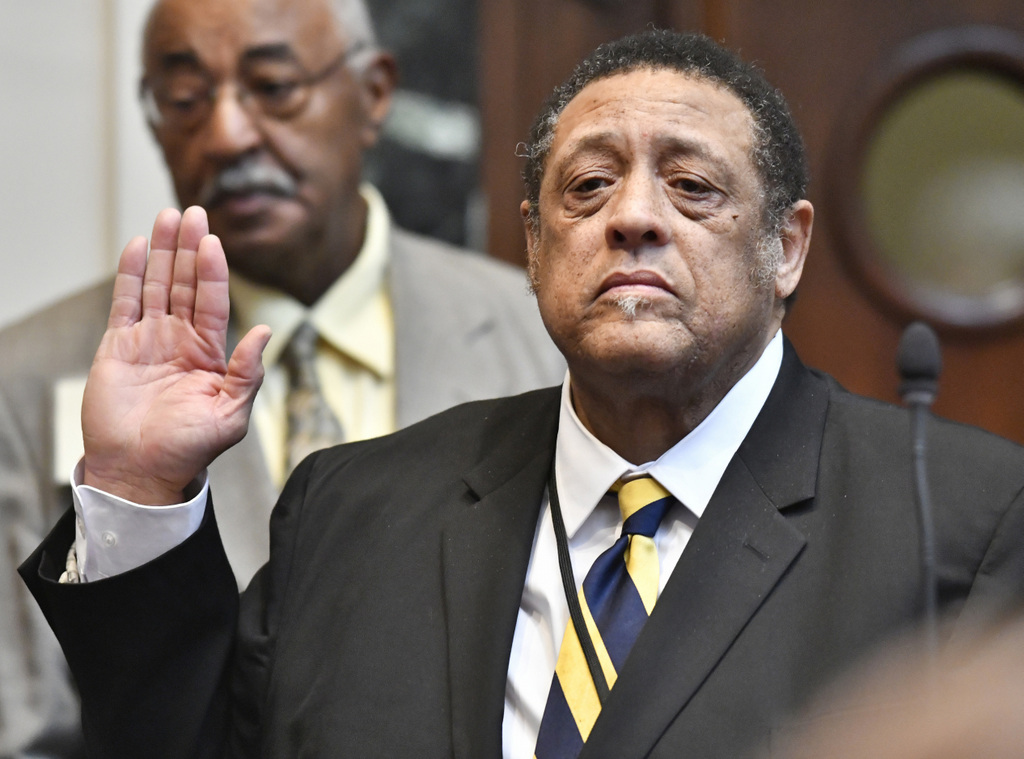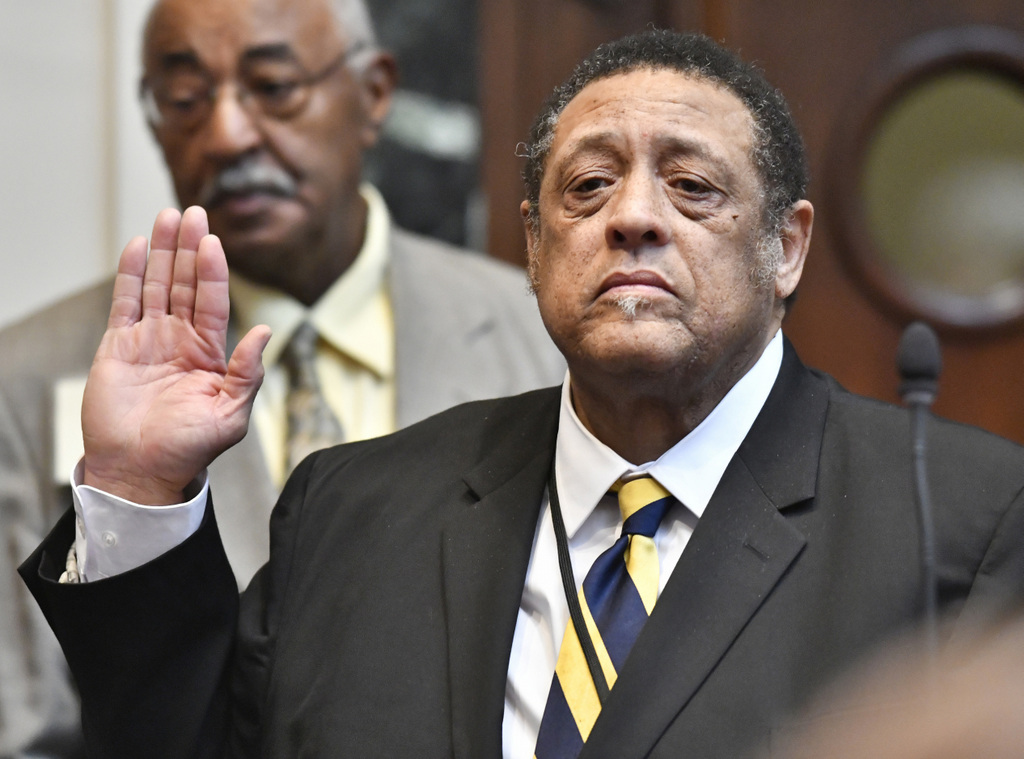[ad_1]
By ADAM BEAM, Associated Press
OWENSBORO, Ky. (AP) — A recount in a Kentucky state House race originally won by a Democrat by a single vote has ended in a tie after the local board of elections decided to open and count five absentee ballots that had previously been rejected. It’s unclear what comes next.
Democrat Jim Glenn defeated former Republican state Rep. DJ Johnson on Election Day by a one-vote margin. Kentucky does not have automatic recounts, and the Kentucky State Board of Elections certified Glenn as the winner. He was sworn in on Jan. 5 and has an office and been assigned to committees.

But the Republican-controlled state legislature ordered a recount at Johnson’s request, relying on a state law that allows candidates in legislative races to contest election results.
Saturday, the Daviess County Clerk’s Office recounted more than 12,000 ballots by hand. Glenn emerged from that process ahead by three votes. But after a personal appeal from Johnson, the Daviess County Board of Elections — which consists of two Republicans and two Democrats — voted to give Johnson one of those votes back, putting him down by two.
The board then reviewed 17 absentee ballots that they had unanimously rejected on Election Day. This time, the board decided five of those ballots were legal, and opened them. Johnson received three of them, Glenn received one and one ballot was blank. That made the final results a tie, with each candidate receiving 6,323 votes.
The next step is for the Daviess County Clerk’s Office to send a report to the Election Contest Board, a legislative panel of six Republicans and three Democrats which must decide what to do next and eventually give a report to the House of Representatives, which has the ultimate say in the matter. A state law indicates the board must choose the winner by drawing lots.
But Anna Whites, Glenn’s attorney, noted Glenn has already been sworn in and seated as a state legislator, and the only way he can be removed is impeachment. She said Glenn would file a lawsuit over any attempt to remove him from office.
Glenn did not attend Saturday’s recount. Reached by phone, he indicated he did not accept the results as legitimate.
“I won. I’ll say it again,” he said. “Normally, you don’t count invalid ballots.”
Johnson, who attended the recount with his lawyers, said the results show the recount was worth doing.
“Regardless of the outcome, I’ve always wanted to make sure the votes that should be counted have been counted. And that’s what we did today,” Johnson said.
The recount process was long and complicated. The Daviess County Board of Elections had to rule on several ballots, including one where the voter partially filled in a bubble for a straight Republican Party ticket, but then crossed it out. Earlier in the day, the board voted to discard that ballot. But after an appeal from Johnson, they gave it back to him.
Most of the district’s 12 absentee ballots that had been rejected on Election Day were either missing a signature or were not mailed in the proper envelope as required by law.
But the board voted to accept five of the ballots as legal. One ballot was rejected because the signatures did not match. But the board voted to accept the ballot after noting the voter lived in a nursing home.
“That’s the same person. They were just having a bad day that day,” said Daviess County Clerk Leslie McCarty, a Republican and member of the Board of Elections.
Another ballot was initially rejected because the voter did not sign the outer envelope. The board voted to accept that ballot after discovering a signature on the backside of the envelope by the seal.
“All you can do is the right thing, regardless of who it helps or hurts,” said Daviess County Sheriff Keith Cain, a Democrat and member of the Board of Elections.
The recount cost about $10,200, but Johnson, the Republican candidate, has agreed to pay for it regardless of the outcome.
Election recounts are rare, and it’s even rarer for a recount to change the outcome of an election. But of the at least 80 recounts nationwide following the 2018 elections, a total of 382 votes changed, according to research by Johnson’s legal team. That’s an average of 4.8 votes per race.
Of those 80 recounts, five were decided by one-vote margins, and two of those recounts resulted in ties. In Fairmont, West Virginia, officials chose the winner of a city council seat by flipping buttons in a coffee can.
[ad_2]
Source link


